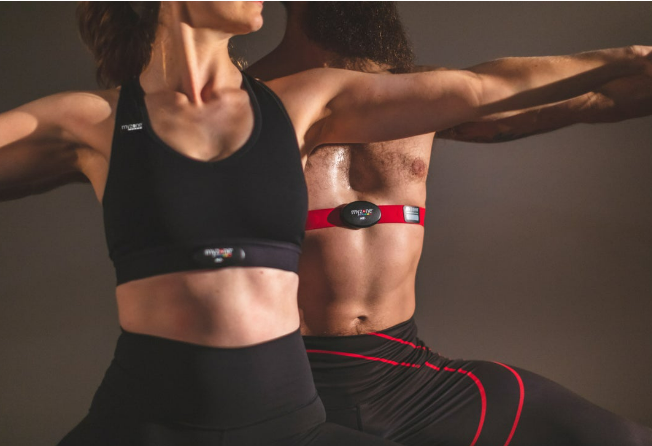
We are thrilled with how hard you’ve been working on those kettlebells on the Primal Strength floor, hitting the aqua bag hard, sweating your heart out under those hot yoga panels… to reach your fitness goals. They’re all good things.
However, in this post, we’ll show how too much of a good thing (exercise) can actually be detrimental to our performance and health.
Enter the concept of ‘Overtraining’
Overtraining is a condition in which training too hard and/or too often causes a decrease in exercise performance and an increase in injury or illness.
Ever heard about a guy or a gal, who…
Made a New Year’s resolution to get fit?
He/she joined the gym in January,
Started working out six days a week at a high intensity,
He/she sustained an injury or just got burnt out,
He/she stops coming to the gym.
→ This is a classic example of how overtraining happens.
How do you know if you’re overtraining?
According to the National Strength and Conditioning Association, below are some symptoms of overtraining:
- Decreased aerobic performance.
- Earlier onset of fatigue.
- Loss of interest or enthusiasm for training.
- Mood changes (this can be from many reasons).
- Increased/excessive muscle soreness.
- Disturbed sleep & loss appetite.
- Decrease in lean body mass (when not dieting).
- Persistent cold or flu-like symptoms.
However, many people say that they don’t know for sure if they’re really over-trained because those symptoms can come from many reasons. At Primal Performance Lab, we use MZ Switch - a fitness technology that helps you read your performance data stored in our personal Dashboard, so you can track your performance & detect any changes in:

- Your RPE (rate of perceived exertion) doesn’t reflect the heart rate zone you’re in. Maybe you feel like you’re at an 8 out of 10, but your MZ-Switch monitor says you’re in the blue zone, which is 60-69% of your maximal heart rate.
- You are not able to recover your heart rate after a period of higher intensity work as quickly as usual. Normally able to recover down to the blue zone within a minute after a sprint? With overtraining, your heart rate might linger in the higher zones for a bit longer.
In general, you are not able to control your heart rate response to exercise as much as you typically can. For example, your heart rate might jump up much faster than usual or you might have a hard time maintaining a consistent heart rate at a constant workload.
What should I do when I’m over-trained?
We recommend that you take additional rest days and/or decrease the intensity of your workouts.
Look back at your Primal Dashboard or your MZ-Switch activity calendar and see how many days in a row you have been active and at what average intensity. You might also consult with a healthcare professional to ensure that you are healthy to continue exercising.

Stay tuned for another post about steps to prevent overtraining at Primal. Comment below if you want a blog for recommendations on frequency, intensity, and duration of exercise We want to help you exercise safely and effectively – and that means maintaining balance within our training program!





 30 Jun 2022
30 Jun 2022
